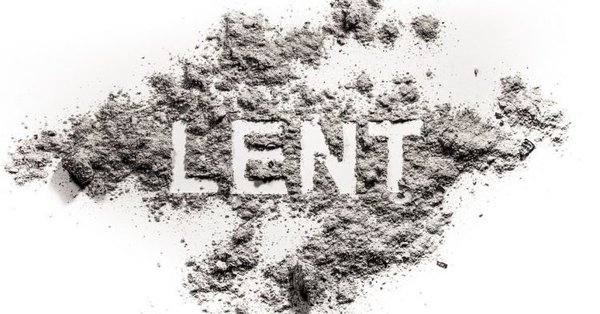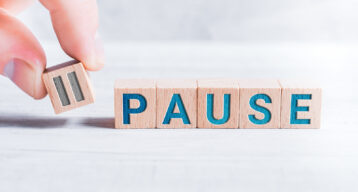
by Staff writer
Challenges of Lent: Are you being too hard on yourself?
The blustery showers of Spring are now with us once again, and with the advent of the new season comes the period of Lent. According to a Twitter tracker, which analysed over 18,000 tweets, the most popular things being given up for Lent in 2019 are; social networking, alcohol, chocolate and, (as is often the case) Lent itself.
Whilst many are planning to make the most of Lent to forgo a significant part of their lives, it also presents an excellent opportunity to take up a new hobby or activity instead to sublimate a feeling of absence. Whilst there are a range of excellent community activities available, from group exercise to learning a new specialist skill, Lent provides a chance to build a new mental health routine.
It’s unfortunate that we often treat ourselves harshly when practicing abstinence and can struggle to ‘give ourselves a break’. This can be after an honest mistake, failing to meet a personal standard or even as part of a natural thought process. Though perfectly ordinary and sometimes a helpful motivator to begin with, this degree of criticality compounds stress over time, until it becomes a significant hindrance to meeting our goals. Without even realising it, we can lose sight of why we originally wanted to improve in the first place while still mechanically pushing forward on willpower alone. Unsurprisingly, this behaviour has its limits and is not sustainable long term.
If you find yourself regularly putting yourself down for failing to meet the expectations you believe you should be meeting, offering yourself a moment of rest or kindness can help to restore the balance of motivation and aversion in your mind and renew your confidence. Over Lent, why not do one thing a day to offer a bit of kindness to yourself and say ‘I’m doing my best’?


Cognitive Behavioural Therapist Alastair Barrie has provided several suggestions for easy ways to do this below. If these don’t seem that appealing though, feel free to get inventive and come up with some of your own that are better suited to you!
- Bring yourself a moment of warmth. This can be a brew, another jumper, a tactile blanket or even a hot shower. Heat soothes our tense muscles and helps us relax physically. As this happens, our mind tends to follow.
- Have a brief rest. It’s often calming to rest your hands on your stomach if laid down or folded in your lap if sitting. Just take a moment to notice the feelings of contact between yourself and the object you’re resting on as well as changes on your breathing, feelings of warmth and the gradual relaxation of your muscles. Even a short, five–minute ‘kind pause’ like this can be enough to help ground your day.
- Mindful journaling. This can be done on your phone, in a designated book or anywhere you can find the space to jot some notes down. Spend a moment noticing how you’re feeling and what you’re thinking. Don’t try and evaluate or refine these thoughts, just write them down. Acknowledge any difficulties you’re having, perhaps with phrases like ‘This is stressful’ or ‘I’m struggling here’. Gently remind yourself that everyone has these kinds of experiences, perhaps with a phrase like ‘It’s not just me, others react this way too’. Finish up with a short, kind word to yourself, perhaps ‘I’m doing the best I can’. Again, this can be as long or short an activity as you would like.
These techniques are examples of tried and tested means to improve emotional regulation, build emotional resilience and promote emotional wellbeing. Most of the time, this is enough to relieve the distressing or overwhelming emotions that can arise throughout a typical day.
If you find that practicing mindfulness in this manner is not helping you to feel better, it is likely that you are experiencing a more burdensome mental health issue. If you suspect that this may be the case, but are unsure of whether your difficulties warrant clinical psychotherapeutic help, this simple guide that can clear up common sources of confusion about accessing the service.


